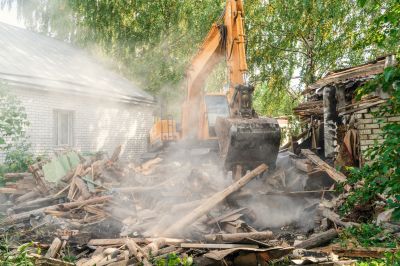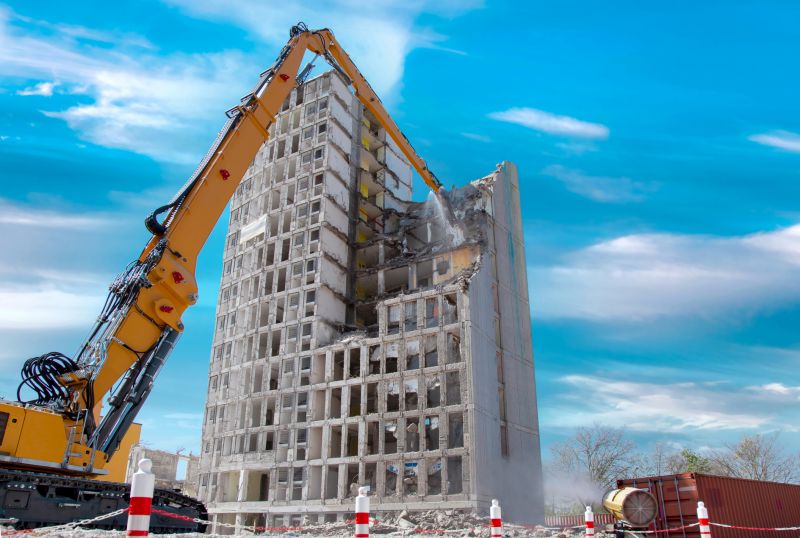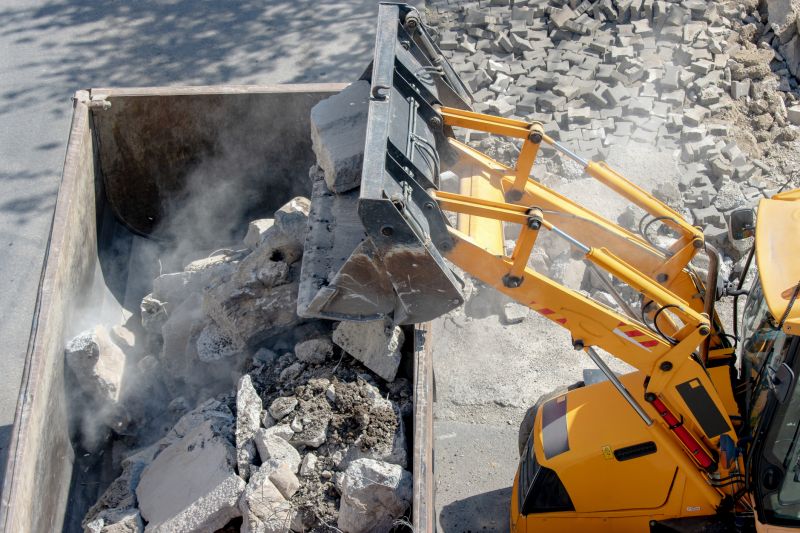Optimal Timing for Demolition Services
Determining the optimal time for demolition service depends on various factors including weather conditions, project scope, and scheduling requirements. Typically, the most suitable periods are during mild weather seasons when outdoor work is less likely to be interrupted by adverse conditions. Planning demolition projects during these times can help ensure safety, efficiency, and adherence to timelines.
Demolition work is best scheduled during dry, mild weather to prevent delays and safety hazards caused by rain, snow, or extreme temperatures.
Timing demolition services to align with construction or renovation schedules can minimize disruptions and optimize resource allocation.
Spring and early fall are often preferred due to favorable weather conditions, but planning must account for local climate patterns.
Obtaining necessary permits and adhering to local regulations can influence the timing of demolition projects, which should be coordinated in advance.

Image showcasing heavy machinery during a demolition project.

Image illustrating safety barriers and protocols at a demolition site.

Image depicting site clearing and preparation before demolition begins.

Ways to make Demolition Service work in tight or awkward layouts.

Popular materials for Demolition Service and why they hold up over time.

Simple add-ons that improve Demolition Service without blowing the budget.
| Factor | Influence on Timing |
|---|---|
| Weather Conditions | Mild and dry weather preferred |
| Project Scope | Larger projects may require longer planning |
| Permitting Process | Permits can affect start dates |
| Community Impact | Scheduling to minimize disruptions |
| Seasonality | Spring and fall often optimal |
| Environmental Risks | Avoid periods with high winds or storms |
Demolition services play a critical role in preparing sites for new developments, renovations, or infrastructure upgrades. Proper timing ensures safety, compliance, and efficiency, reducing the risk of delays and costly disruptions. Accurate planning involves assessing weather patterns, project size, and local regulations to select the most suitable window for demolition activities.
